The internet has become an integral part of our daily lives, connecting us to the world and providing us with endless information and resources. However, as the internet has grown, so too have the risks associated with using it. In order to use the internet safely and effectively, it's important to be aware of potential dangers and to take steps to protect yourself.
Use a strong password and update it regularly
One of the most basic steps you can take to protect yourself online is to use a strong password. A strong password should be at least 8 characters long and include a mix of upper and lowercase letters, numbers, and special characters. It's also important to update your password regularly, especially if you suspect that it may have been compromised.
Use two-factor authentication when available
Keep your operating system and software up to date
Keeping your operating system and software up to date is also important for protecting yourself online. Software updates often include security fixes, so it's important to make sure that you're running the latest version. This will help to protect you from known vulnerabilities.
Use anti-virus and anti-malware software
Another way to protect yourself from online threats is to use anti-virus and anti-malware software. These programs can help to detect and remove malware from your computer, preventing it from causing damage or stealing your personal information.
Be cautious when clicking on links or downloading attachments from unknown sources
You should also be cautious when clicking on links or downloading attachments from unknown sources. Phishing scams are becoming more common, and they can trick you into giving away your personal information or downloading malware. Always be sure to verify the authenticity of any link or attachment before clicking on it.
Use a VPN to encrypt your internet connection and protect your privacy
A VPN (Virtual Private Network) encrypts your internet connection, making it difficult for hackers or other malicious actors to intercept your data. This can help to protect your privacy and keep your personal information safe.
Be aware of phishing scams and never give out personal information online
Phishing scams are becoming more common, and they can trick you into giving away your personal information or downloading malware. Always be sure to verify the authenticity of any link or attachment before clicking on it.
Use a password manager to keep track of all your login information
A password manager can help you keep track of all your login information, so you don't have to remember multiple passwords. This can help to make your accounts more secure and make it easier for you to update your passwords regularly.
Be mindful of your online footprint and be selective about what you share online
Use parental controls to monitor and restrict access to age-inappropriate content
If you have children, it's important to use parental controls to monitor and restrict access to age-inappropriate content. This can help to keep them safe online and protect them from harmful content.
Use browser privacy and security tools like Ad-Blocker, script-blocker and tracker-blocker
Using browser privacy and security tools like Ad-Blocker, script-blocker, and tracker-blocker can help to protect your privacy online. Ad-blockers can block unwanted ads, script-blockers can prevent malicious scripts from running, and tracker-blockers can prevent companies from tracking your browsing habits. These tools can make your online experience more secure and enjoyable.
Be aware of the website you are visiting, look for "https" and lock icon on the address bar before entering any sensitive information
When entering sensitive information online, such as credit card information or personal details, it's important to make sure that you're on a secure website. Look for "https" in the website address and a lock icon on the address bar, this indicates that the website is using SSL (Secure Socket Layer) encryption to protect your information.
In conclusion, the internet can be a great resource, but it's important to be aware of the risks and take steps to protect yourself. By following the tips outlined above, you can help to keep yourself safe online and enjoy all the benefits of the internet with peace of mind.

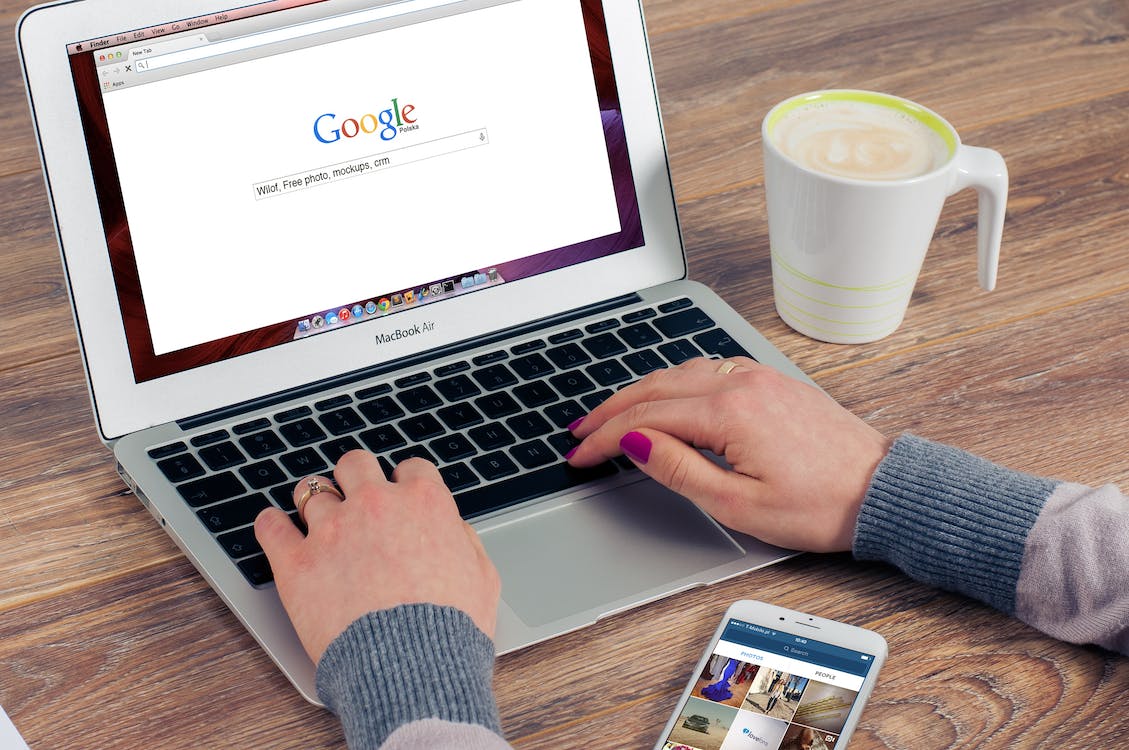

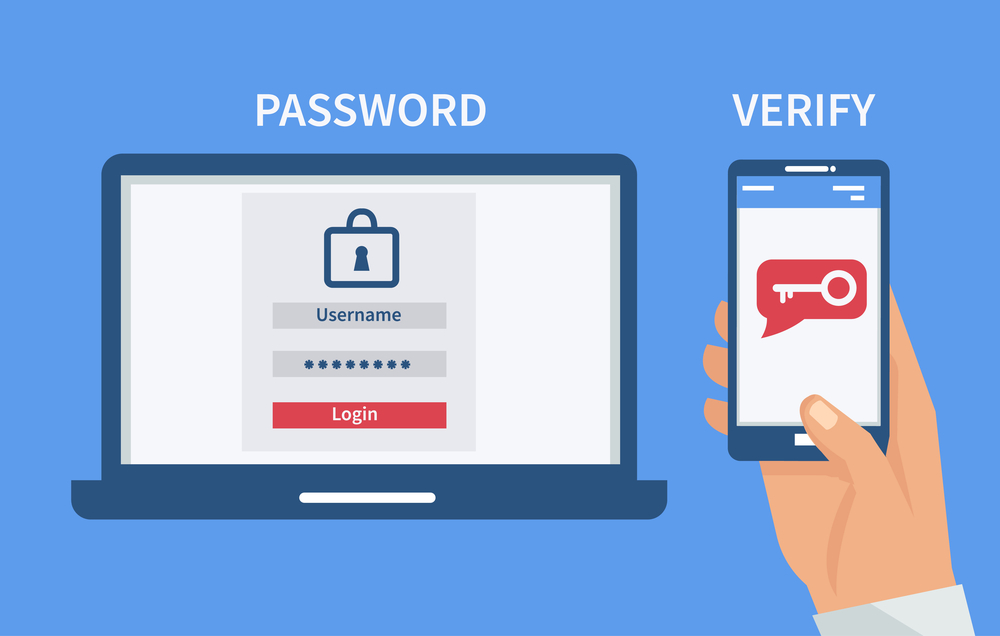
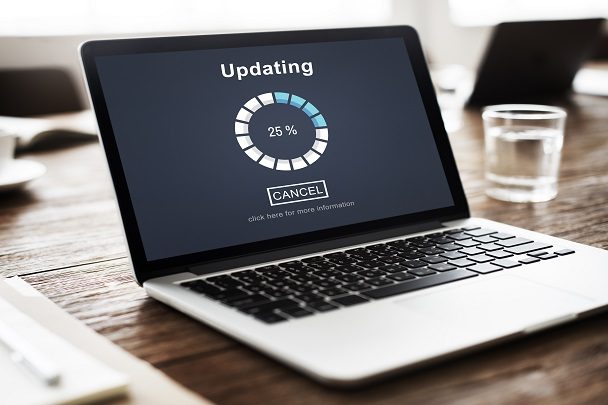
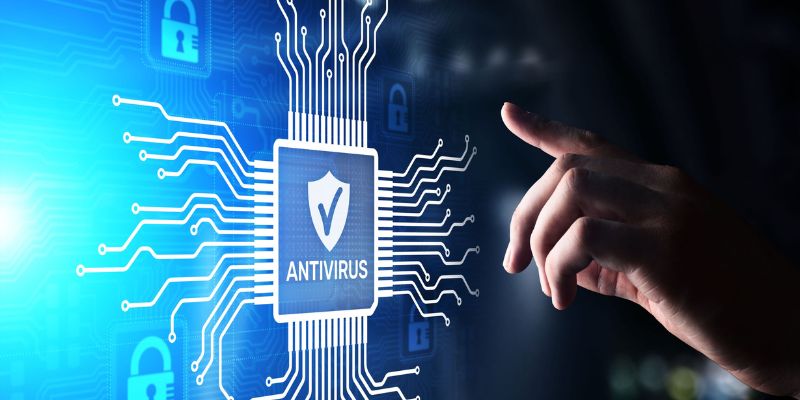
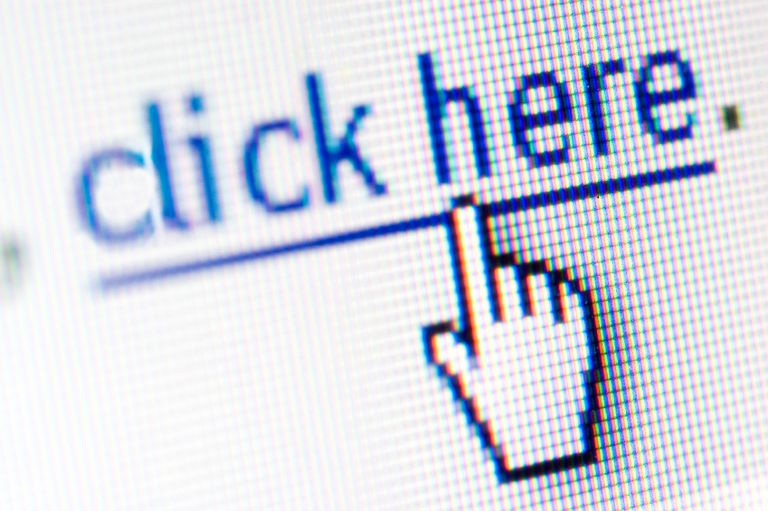

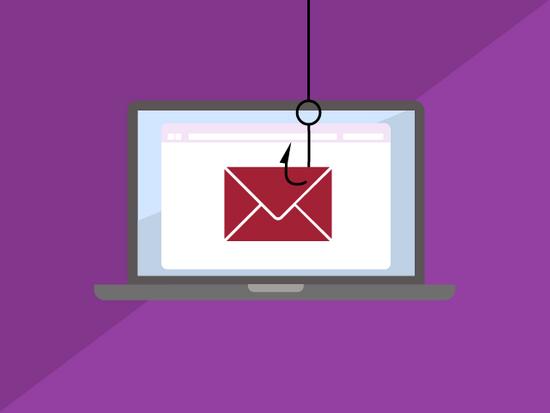
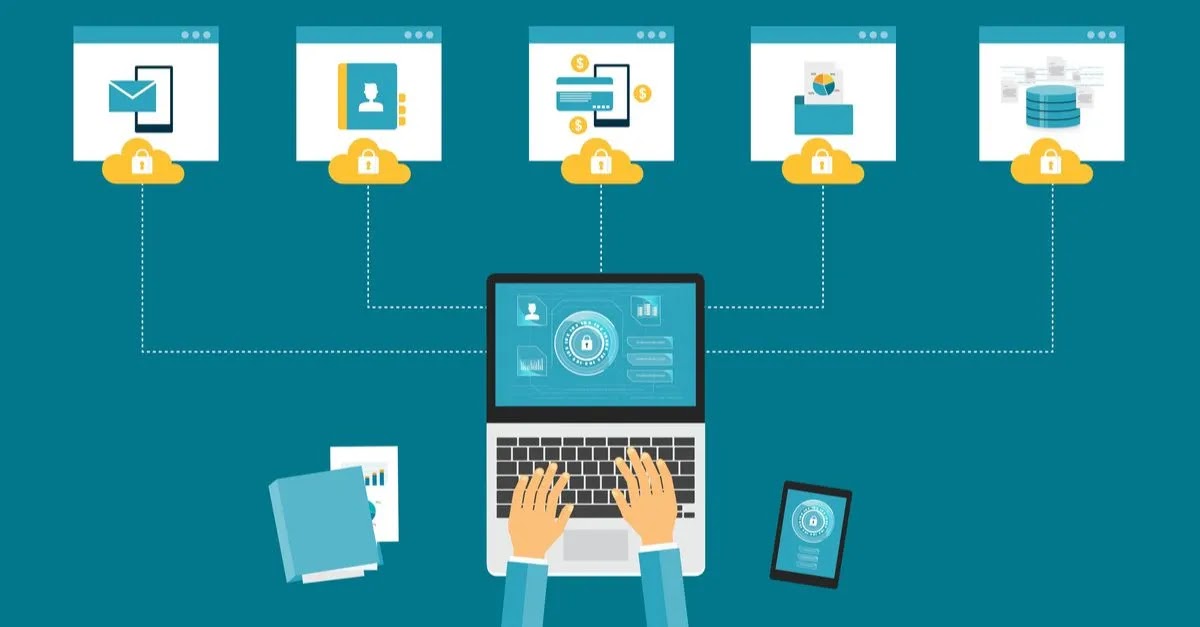





0 Comments
Post a Comment